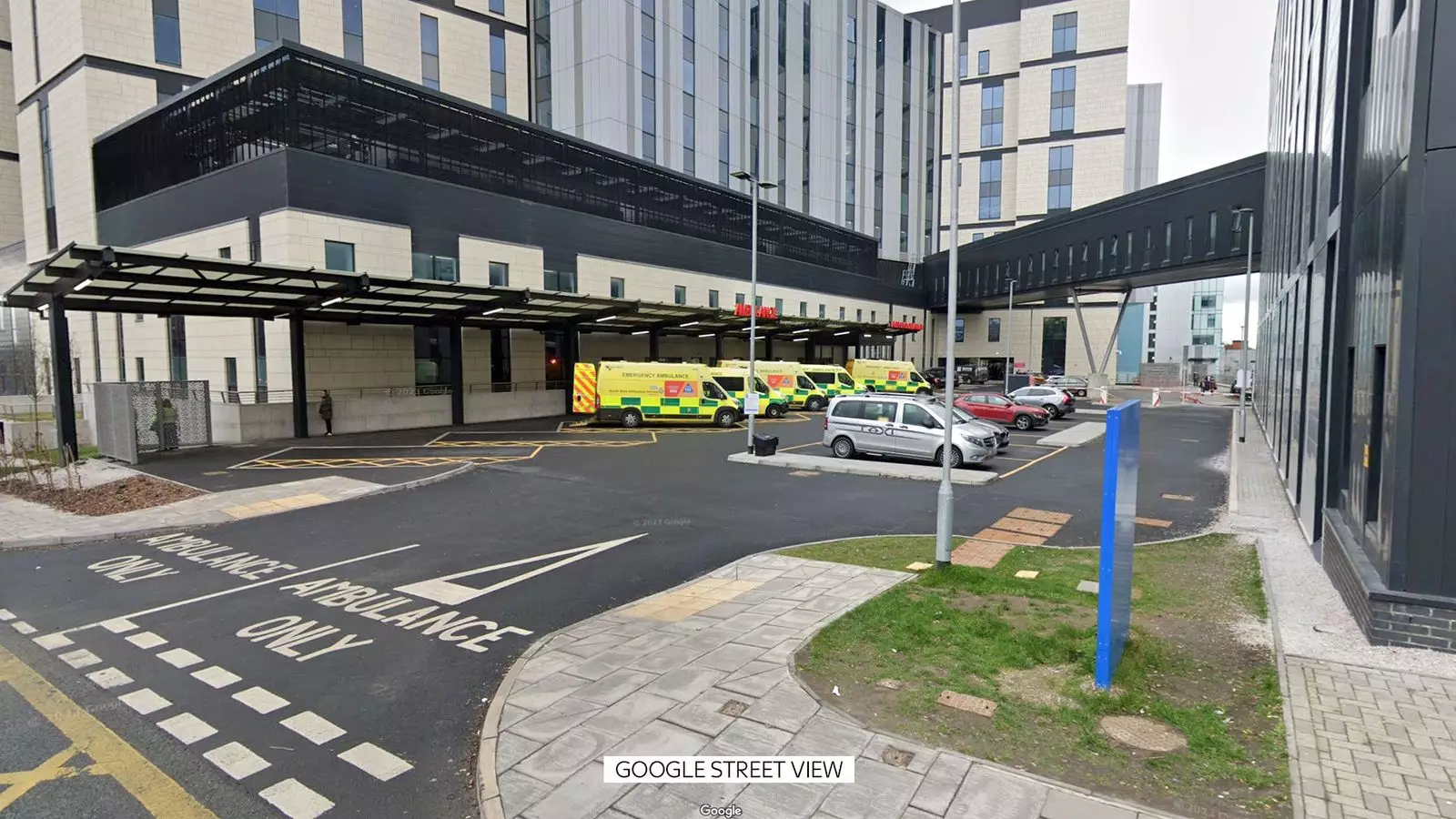The Royal Liverpool University Hospital has recently taken the drastic step of declaring a critical incident due to an overwhelming surge in demand for accident and emergency (A&E) services. Hospital officials indicated that a significant rise in patients exhibiting symptoms of flu and various respiratory illnesses has contributed to this crisis. The surge in hospitalizations aligns with alarming statistics from the NHS, which reveal that flu cases across England’s hospitals have surged fourfold over the past month. This dramatic spike has undoubtedly strained the healthcare system.
Addressing the public’s concern, a spokesperson for the Royal Liverpool University Hospital emphasized that the institution has developed a “comprehensive plan” to tackle the challenges arising from these extraordinary circumstances. This plan includes collaborative efforts with partner organizations aimed at facilitating the safe and early discharge of patients who are medically stable. The hospital warns, however, that many patients may experience delays due to the need to prioritize the care of those who are gravely ill.
In light of the critical situation, individuals seeking non-urgent medical attention are encouraged to consult their general practitioners, utilize pharmacy services, or approach walk-in centers. Additionally, the 111 service stands ready to provide guidance for those uncertain about where to seek care.
The declaration of a critical incident is not taken lightly within the healthcare system. This action typically indicates that a hospital is grappling with exceptional demand levels that surpass routine operational capacity. Occasionally, staffing shortages can also trigger such declarations. The purpose of this protocol is to enable hospitals to take necessary measures to safeguard patient welfare by, for example, prioritizing the treatment of the most critically ill patients and potentially drawing on external support resources.
The duration of a critical incident may vary, lasting anywhere from a few hours to several weeks, depending on the severity of the situation. It reflects a broader trend within the NHS, as evident from similar declarations by the NHS Cornwall and Isles of Scilly Integrated Care Board, which reported an almost fourfold increase in inpatients compared to the previous year.
Compounding the crisis is the looming threat of a “quad-demic,” whereby four major illnesses—flu, norovirus, COVID-19, and respiratory syncytial virus (RSV)—may circulate simultaneously this winter. The presence of these viruses heightens the risk of overwhelming an already strained health service. In response, the NHS is proactive in providing vaccinations against three of the four diseases: flu, COVID-19, and RSV, aiming to mitigate their impact on public health.
As the Royal Liverpool University Hospital navigates this critical phase, it underscores the necessity for the community to adhere to preventative measures and seek appropriate pathways for non-emergency health concerns. The coming weeks will be crucial in determining how effectively the healthcare system can stabilize and manage the fallout from this unprecedented health crisis.


Leave a Reply